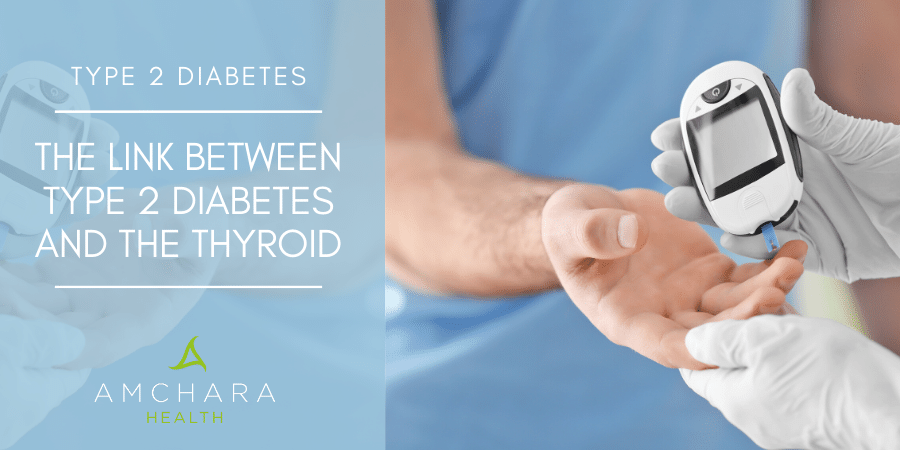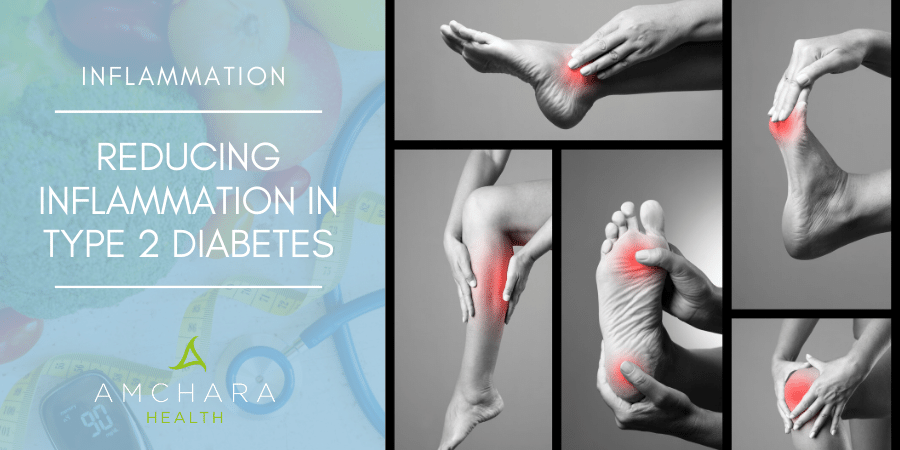Research is indicating a strong link between Type 2 diabetes and thyroid function. Both these conditions are common and around 4 million people in the UK have been diagnosed with Type 2 diabetes.
The emerging evidence on the link between thyroid issues and Type 2 diabetes is leading some experts to call for thyroid screening in cases of Type 2 diabetes.
We’re dedicated to providing you with both insightful information and evidence-based content – in this article we take a look at the research behind the link and what it means.
Synergy and homeostasis
Body systems are often intrinsically linked, and no system works alone. This is true of your endocrine system, where hormones often work in synergy and can influence, or oppose, each other’s actions. A delicate balance must be sustained to maintain homeostasis (equilibrium), thus enabling the body to function optimally.
Type 2 diabetes
As a leading global health concern, Type 2 diabetes is classed as a lifestyle disease.
This means many lifestyle choices influence the development of the disease. Characterised by poor glucose tolerance and resistance to the actions of the hormone insulin, common symptoms of Type 2 diabetes include fatigue, increased thirst, frequent urination, brain fog and mood disturbances.
Thyroid disorders
The thyroid gland is responsible for the secretion of thyroid hormones, playing an important role in influencing metabolism and energy. An over active thyroid leads to increased levels of specific hormones which essentially push metabolism up and leave the body running on ‘high’. This can lead to symptoms like palpitations, sweating, fatigue and a racing mind or anxiety.
An under functioning thyroid has the opposite effect and leaves the body running too slowly resulting in low energy, fatigue, weight gain, intolerance to the cold and low mood.
Incidence of thyroid issues with Type 2 diabetes
It is known that Type 1 diabetes leads to an increased prevalence of thyroid disorders, due to the fact that they both share autoimmune involvement. Over the past decade there has been increasing evidence, showing a clear link with thyroid disorders in those with Type 2 diabetes.
Several studies indicate thyroid disorders occur in 10-30% of people with Type 2 diabetes (1, 2). Although an over active thyroid does occur alongside Type 2 diabetes, by far the most common form of thyroid disorder is hypothyroidism, an under functioning thyroid.
Thyroid hormone status can be assessed through blood levels of several hormones, including thyroid stimulating hormone (TSH), thyroxine (T4) and the active tri-iodothyronine (T3). A laboratory will often give a reference range for the hormones and if levels fall within this range they may be deemed ‘normal’.
Many experts now believe this reference range is too wide, or not set at accurate levels, leading to many people falling within the ‘normal’ range whilst showing some signs of thyroid disfunction. This is often termed subclinical hypothyroidism.
Studies into the prevalence of thyroid disorders in Type 2 diabetes clearly show that subclinical hypothyroidism is the most commonly found thyroid disorder.
This may mean that many people with Type 2 diabetes have an underlying thyroid disorder; those who happen to be screened for thyroid issues may fall in the ‘normal’ reference range and so receive no therapy for subclinical hypothyroidism.
The impact of co-existing conditions
Thyroid hormones are known to directly influence insulin secretion and in low thyroid functioning less insulin is secreted following an increase in glucose.
In addition to this, there may be altered expression of the GLUT2 gene in hypothyroidism (3). The GLUT2 gene influences glucose transporter molecules, responsible for moving glucose into cells. In the pancreas, GLUT2 regulates the entry of glucose into the pancreatic cell and therefore influences insulin secretion.
Both hypothyroidism and subclinical hypothyroidism are associated with insulin resistance (4, 5), also a common feature of Type 2 diabetes. In insulin resistance body cells become ‘deaf’ to the effects of insulin, even in its presence, so reducing the clearance of glucose from the blood. Some experts believe insulin resistance plays a pivotal role in underlining the relationship between Type 2 diabetes and thyroid dysfunction.
A 2019 study showed impaired sensitivity to thyroid hormones is associated with diabetes and also metabolic syndrome; the authors stated “Resistance to thyroid hormone may reflect energy balance problems driving Type 2 diabetes” (6).
The presence of thyroid disorders in Type 2 diabetes may also worsen the complications associated with diabetes, including retinopathy, peripheral nerve damage, arterial disease and kidney complications (7).
Screening for thyroid issues in Type 2 diabetes
It is not routinely recommended that patients with Type 2 diabetes are also screened for thyroid issues. Tests such as fasting glucose and HbA1c are routinely conducted for diagnosis and management of Type 2 diabetes.
Some studies have indicated HbA1c levels may give an indication of thyroid function and that increased HbA1c, seen in poor blood sugar control, may be associated with subclinical hypothyroidism (8,9).
With a large volume of evidence highlighting the co-existence of thyroid disorders in Type 2 diabetes, many experts are calling for thyroid screening to be routine for those presenting with poor blood glucose control (10).
Thyroid screening, through blood tests, often does not reflect the effect of thyroid hormones at a cellular level.
A simple non-invasive reflex test is available which can accurately assess thyroid hormone function. The Thyroflex test is FDA certified and measures the speed of the brachioradialis reflex in the arm after stimulation, giving an indication of the active thyroid hormone T3 at a cellular level.
Takeaway
The human body is complex and many conditions can co-exist with others. This can significantly impact symptoms, progression and treatment response. Understanding more about thyroid function in Type 2 diabetes may reduce the risk of complications and enable better management.
If you would like to know more about your risk of Type 2 diabetes or assess your thyroid function, a 1-2-1 consultation with an Amchara Personalised Health practitioner can give you the guidance you need. A personalised programme will be developed alongside functional test results, designed with your specific health goals in mind.
This doesn’t need to be the end of the article. With your help let’s continue the conversation.
Did you find this article useful?
Please share your thoughts in the comments.
Read this next:




